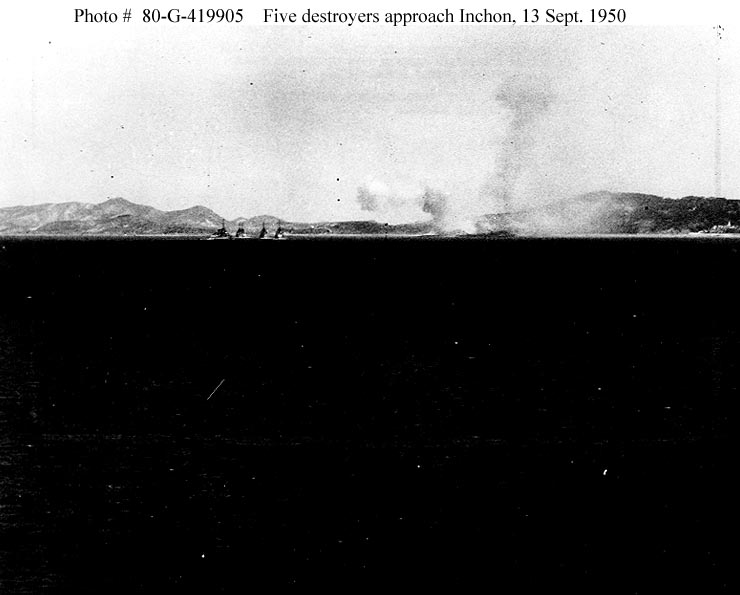|
Posted on 06/14/2003 4:35:02 AM PDT by snippy_about_it
|
|

The final resting place for General Douglas MacArthur and his wife.
Beautifully landscaped MacArthur Square in downtown Norfolk, Virginia is the site of the four buildings that comprise the General Douglas MacArthur Memorial.
The Memorial's theater contains several special exhibit galleries and continuously shows a twenty-four minute film on the life and times of General of the Army Douglas MacArthur, one of the most colorful and controversial men in American history. The Jean MacArthur Research Center (named after the General's widow) houses the library and archives, an education wing, and the administrative offices for the MacArthur Memorial and the General Douglas MacArthur Foundation. The gift shop displays General MacArthur's 1950 Chrysler Imperial limousine which he used from 1950 to the end of his life.
The museum proper is housed in Norfolk's stately nineteenth century City Hall. A monumental rotunda is the General's final resting place where he lies surrounded by inscriptions, banners, and flags heralding his long and glorious career. Nine separate galleries arranged in two levels circle the rotunda and portray the principal periods of the General's life.
A visit to the MacArthur Memorial provides a unique glimpse into the 20th century and can renew your faith in those American values of Duty-Honor-Country, values which motivated Douglas MacArthur as he served our nation through some of its greatest crises and finest hours.










MacArthur was correct about the press and propaganda.
The U.N. was desired by Stalin and proven worthless in this first military venture.
Who Lost China? was the topic du jour. Answer: the pink State Department, the same one responsible for China intel.
Hank Holzer took over after the war as Army intel responsible for the Chinese order of battle for Eighth Army.
He says MacArthur didn't see the Chinese as his recon was to the northwest.
The Roosevelt Myth by John T. Flynn, originally published in 1948, was reissued on its 50th anniversary in 1998 with a foreward by Ralph Raico, history professor at my alma mater Wabash College during my four years picking cotton.
There is much to indicate Roosevelt was trolling for trouble if not inviting an attack. His failure to relieve the Bataan defenders is unconscionable.
What has been gained by Truman's and LBJ's timidity vis a vis China?
The PRC has our missile guidance courtesy its butt boy traitorrapist42, and our warhead data from Wen Ho Lee, subject of Freeper ntrulock (Notra Trulock) Codename Kindred Spirit.
The Inchon landing--despite the liberal revisionism--was daring and incisive.
The cowardice of Truman and succeeding administrations to destroy Kim Il Sung and Kim Jong Il has killed millions of North Koreans.
How many tens of millions died at the hands of old green-teeth, opium-stoned harem master of comfort women, Mao?
One point three billion are forbidden access to the world press and internet.
Remember Tiananmen: June 4, 1989: massacre of thousands.

"There is no substitute for victory" -
Douglas MacArthur, USMA 1903
I recently discovered a Disposition Form dated 1952 describing General MacArthur recommending the CIB be awarded to all those who acted as Infantry in defense of the Philippine Islands. (Please note: All WWII recipients of the CIB are entitled the prestigious Bronze Star Medal).
The Army ignored his recommendation and denied veterans based on a guideline after the fact, dated 1944. The campaign occurred from 7 December 1941 to 10 May 1942 under two guidelines retroactive on or after 6 December 1941.
Today, decisions by civilian members of the Army Board for Correction of Military Records (ABCMR) continue to reflect denials based on guidelines after the fact. Local attorney (retired USAFR Colonel Jarvi, former JAG Officer) stated in a five page letter of legal opinion such action by the military is a violation of the U.S. Constitution.
I have even seeked assistance from an American VFW Chapter located on the Philippine Islands.
If you have any avenues to assist, please share. Someone in this country needs to enforce the law.
I recently discovered a Disposition Form dated 1952 describing General MacArthur recommending the CIB be awarded to all those who acted as Infantry in defense of the Philippine Islands. (Please note: All WWII recipients of the CIB are entitled the prestigious Bronze Star Medal).
The Army ignored his recommendation and denied veterans based on a guideline after the fact, dated 1944. The campaign occurred from 7 December 1941 to 10 May 1942 under two guidelines retroactive on or after 6 December 1941.
Today, decisions by civilian members of the Army Board for Correction of Military Records (ABCMR) continue to reflect denials based on guidelines after the fact. Local attorney (retired USAFR Colonel Jarvi, former JAG Officer) stated in a five page letter of legal opinion such action by the military is a violation of the U.S. Constitution.
I have even sought assistance from an American VFW Chapter located on the Philippine Islands.
If you have any avenues to assist, please share. Someone in this country needs to enforce the law.
Disclaimer: Opinions posted on Free Republic are those of the individual posters and do not necessarily represent the opinion of Free Republic or its management. All materials posted herein are protected by copyright law and the exemption for fair use of copyrighted works.